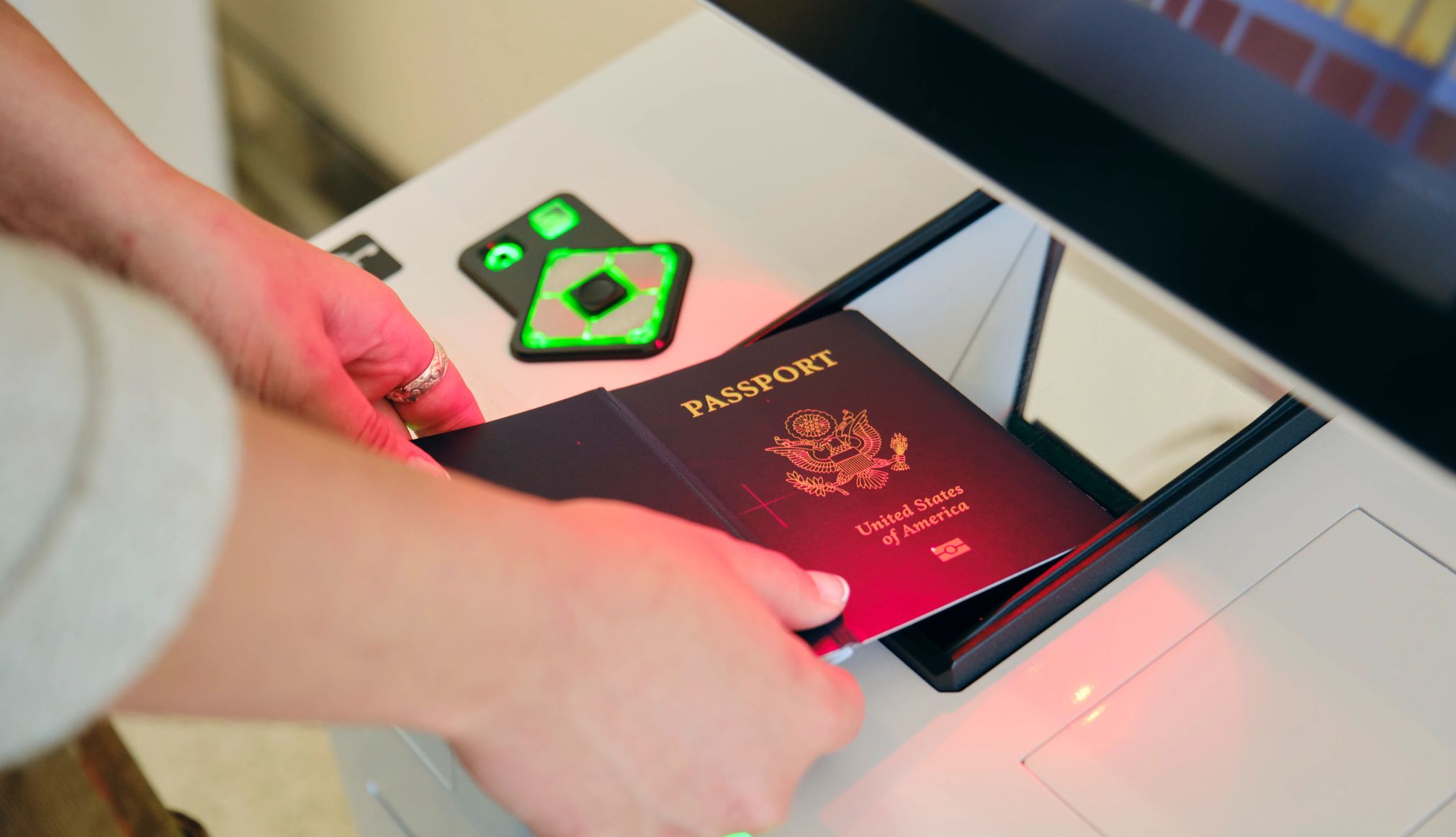AARP Hearing Center
You find the perfect listing on a well-known apartment rental site, but after you send an application fee, the self-described landlord stops taking your calls. Or you pay a deposit for a new place only to show up at an apartment that’s already occupied.
Those are among the types of property rental scams reported to the AARP Fraud Watch Network Helpline in recent years, says Amy Nofziger, the network’s director of victim support.


Experts say these scams take two common forms: Scammers either copy legitimate rental listings and pass off duplicate photos and property descriptions as their own, or they create listings for properties that aren’t for rent or don’t exist.
In both cases the goal is a quick cash grab. The criminal will demand money (typically claiming it’s for rent, a deposit or an application fee) and cut off communication as soon as they’re paid — leaving you to restart your search sans funds.
Such scams are not uncommon, and the financial impact can be significant. In 2023, the FBI’s Internet Crime Complaint Center received 9,521 real estate crime reports, amounting to more than $145 million in victim losses.
While the agency doesn’t break down the numbers for rental scams specifically, a 2022 survey of more than 400 renters conducted by the rental listing site Dwellsy found that nearly 23 percent of respondents had personally experienced rental fraud resulting in financial loss in the past 12 months, with an average loss of $2,890 per victim.
In an era of internet house hunting and soaring rent prices, Nofziger warns that scammers know how to leverage online listings to their advantage. “When [an ad] is online in text, and there are shiny pictures, our emotions take over and we think, Wow, we found that one needle in the haystack,” she says. But renter beware: Enticing amenities and low rent are often red flags.
There are also scams involving vacation home rentals; find out more about them, and other travel-related scams, here.





































































